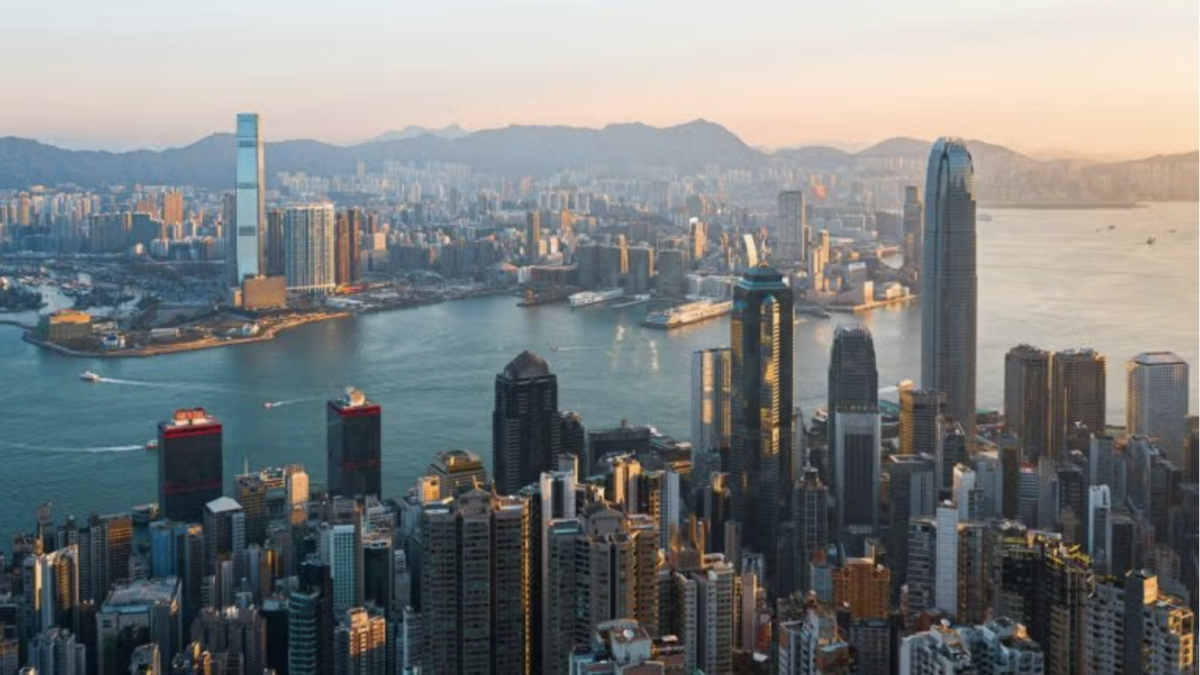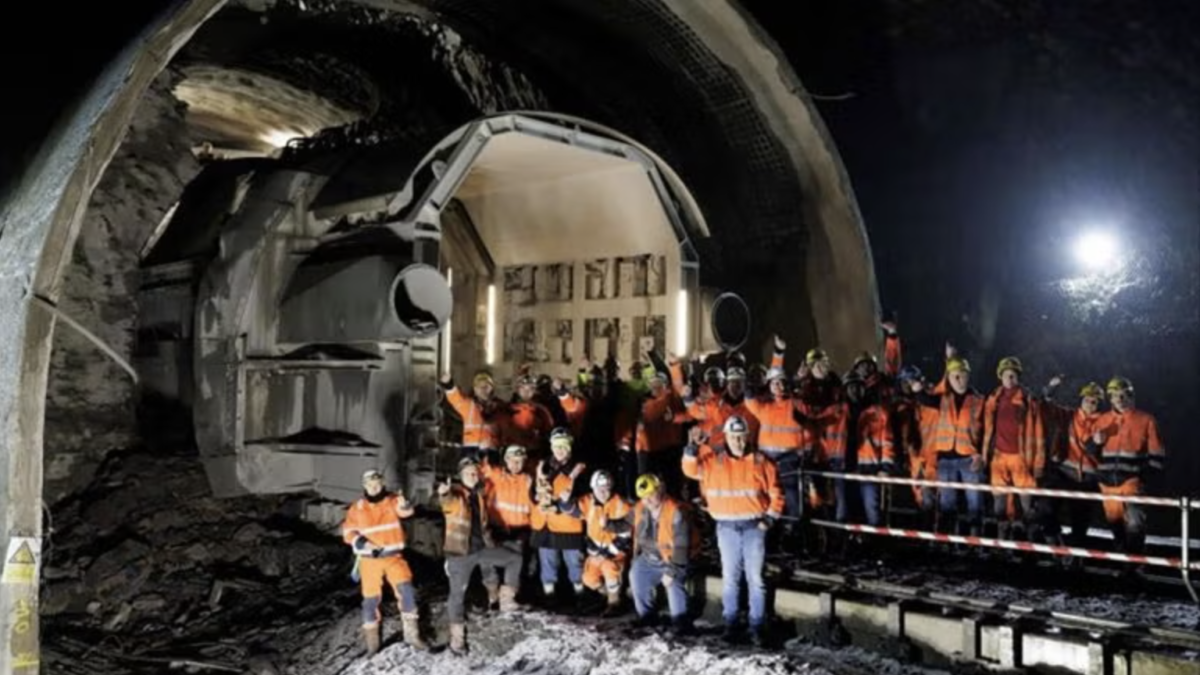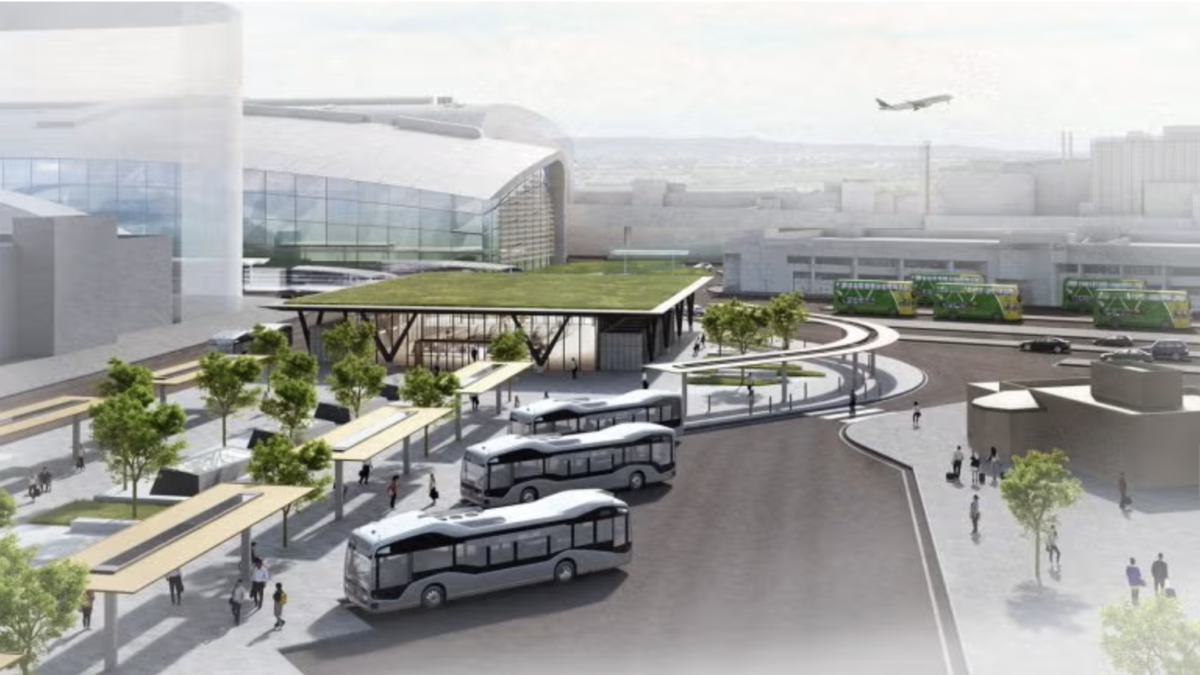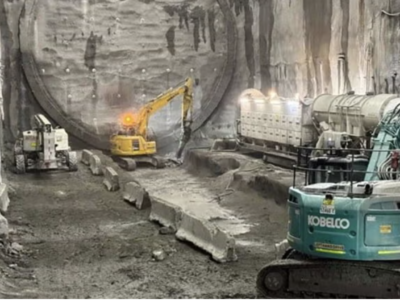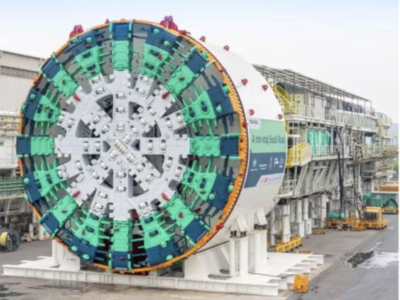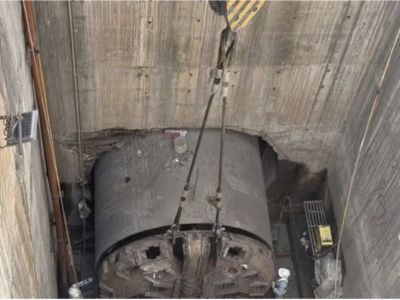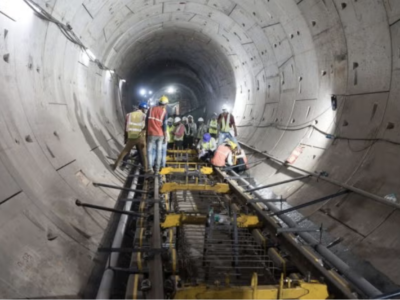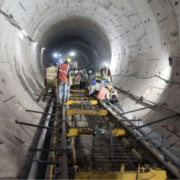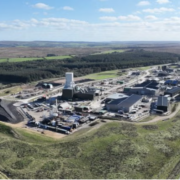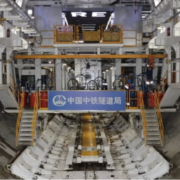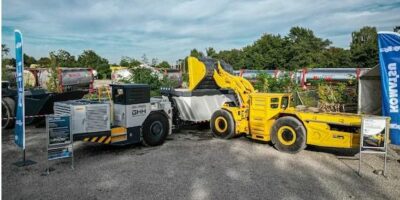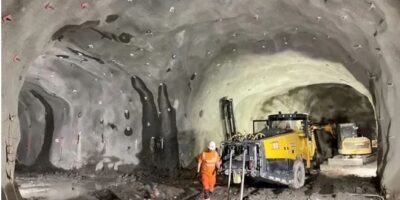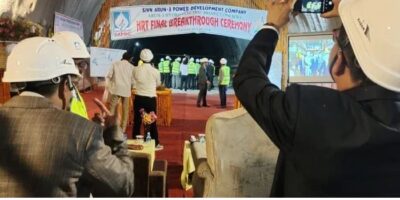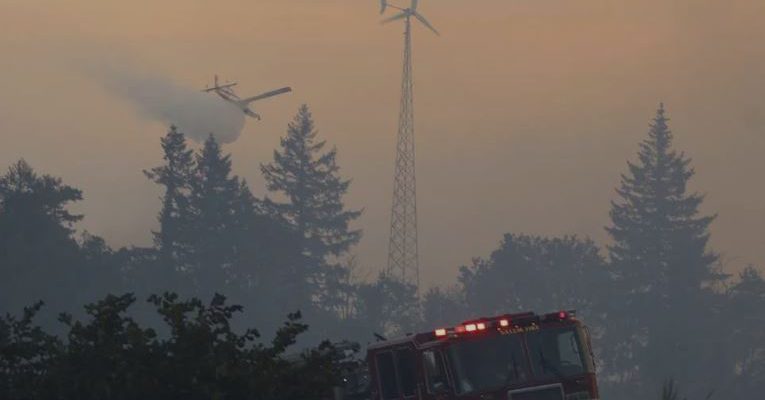
Being issued due to high concentrations of fine particulate matter and smoke from wildfires burning in BC and Washington on October 14, the plan of an Air Quality Advisory for Metro Vancouver and the Fraser Valley is advancing.
Currently because of wildfires burning southeast in Chilliwack (near Chilliwack Lake), near Hope, near Harrison Lake, and in Washington the fires are continuing to generate smoke that is impacting the region. While the changes of winds and temperatures, as well as wildfire behavior changes can cause widely variation of smoke concentrations across the region, eastern parts of the Fraser Valley that are closer to many of the wildfires are experiencing greater smoke impacts compared to western parts of Metro Vancouver.
The estimated weather condition for several days is stagnant weather, hence it is expected that air quality may not change until there is a more significant change in the weather.
The airborne solid or liquid droplets with a diameter of 2.5 micrometers or less, are PM2.5, which can easily penetrate indoors because of its small size.
The Metro Vancouver officials say that: “Postpone or reduce outdoor physical activity while PM2.5 concentrations are high, especially if breathing feels uncomfortable. Exposure to PM2.5 is particularly a concern for people with underlying conditions such as lung disease, heart disease, chronic obstructive pulmonary disease (COPD), asthma and/or diabetes; individuals with respiratory infections; pregnant women and infants; children; older adults; and outdoor workers (e.g. construction and agricultural workers). Individuals who are socially marginalized may also be at elevated risk (e.g. people who are experiencing homelessness or are underhoused).”
They also add: “Indoor spaces with HEPA air filtration and air conditioning can offer relief from both air pollution and heat. Consider setting up a clean air space in your home by running a portable HEPA air cleaner in one or more rooms or visiting a public building with air conditioning (e.g., community center, library, mall, etc.). As we are in the summer season with warm temperatures, it is also important to stay cool and hydrated. If it is hot, also consider using a portable air conditioner to keep your indoor space comfortable (if you do not have central air conditioning).”
The partners of Metro Vancouver in working process of look after air quality are Environment and Climate Change Canada, Fraser Valley Regional District and BC Ministry of Environment and Climate Change Strategy.
Information about real-time air quality readings for Metro Vancouver and Fraser Valley communities and potential health impacts can be found here and here.


